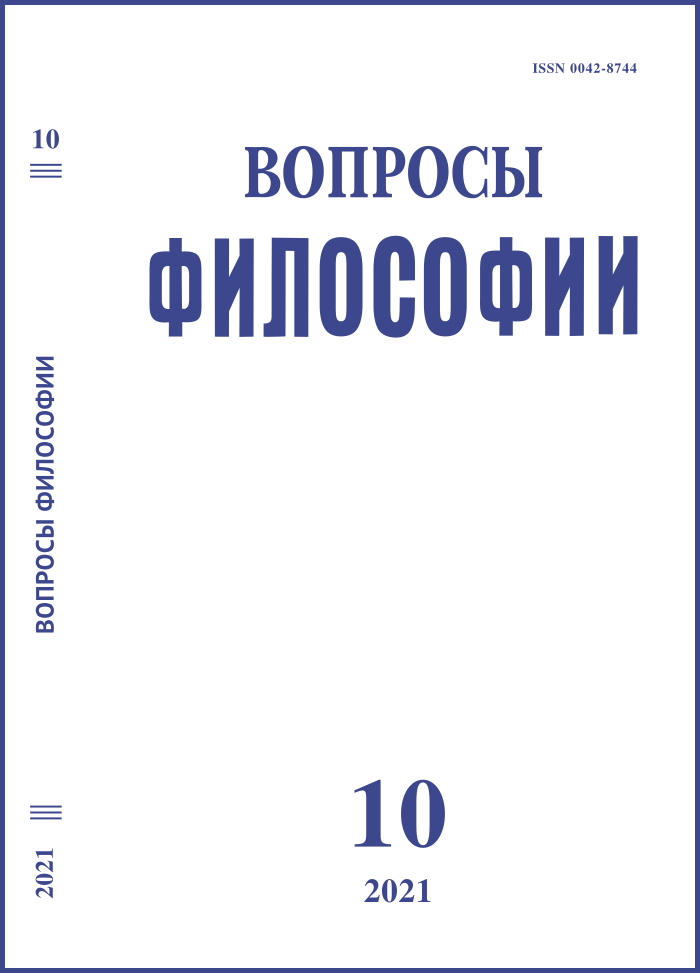Блеск и нищета самоопределения народов
DOI:
https://doi.org/10.21146/0042-8744-2021-10-77-90Ключевые слова:
принцип самоопределения народов, нация, народ, международное право, война, сецессия, международная политика, социальный выбор, деколонизацияАннотация
Предметом анализа настоящей статьи является принцип самоопределения народов современного международного права. Принцип рассматривается как исторически, через его внутреннюю историческую трансформацию, так и логически, посредством анализа его моральной логики. Проблема, связанная с этим принципом, заключается в том, что он принадлежит одновременно трем различным сферам: политика, правo и мораль, заключающим в себе различный смысл. При этом содержание смыслов часто приходит в противоречие друг с другом и происходит это различным образом на разных этапах исторической трансформации. Три основных этапа развития принципа (от Первой мировой войны до конца Второй мировой; от конца Второй мировой до распада СССР; от распада СССР по настоящее время) были последовательно этапами преимущественно политическим, правовым или моральным. Каждый из этих этапов отражал характерную иллюзию своего времени и был основан на уникальном сочетании основных смыслов, что позволяло принципу играть практическую роль. Между тем есть многочисленные свидетельства тому, что принцип оказывается несостоятелен в качестве универсального морального принципа и коллективного права, что стало наиболее очевидно на третьем этапе и выразилось в беспрецедентном политическом насилии, связанном с современными движениями самоопределения и сецессии

